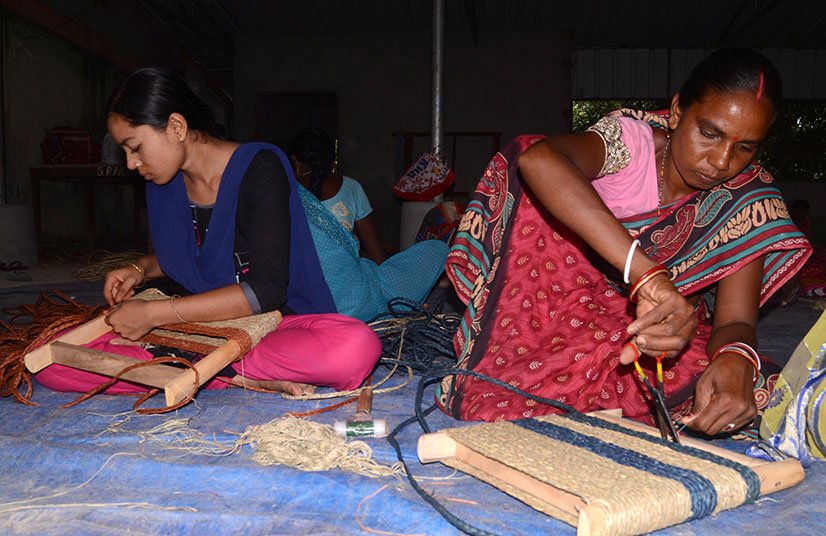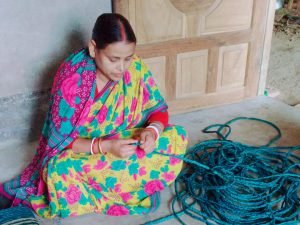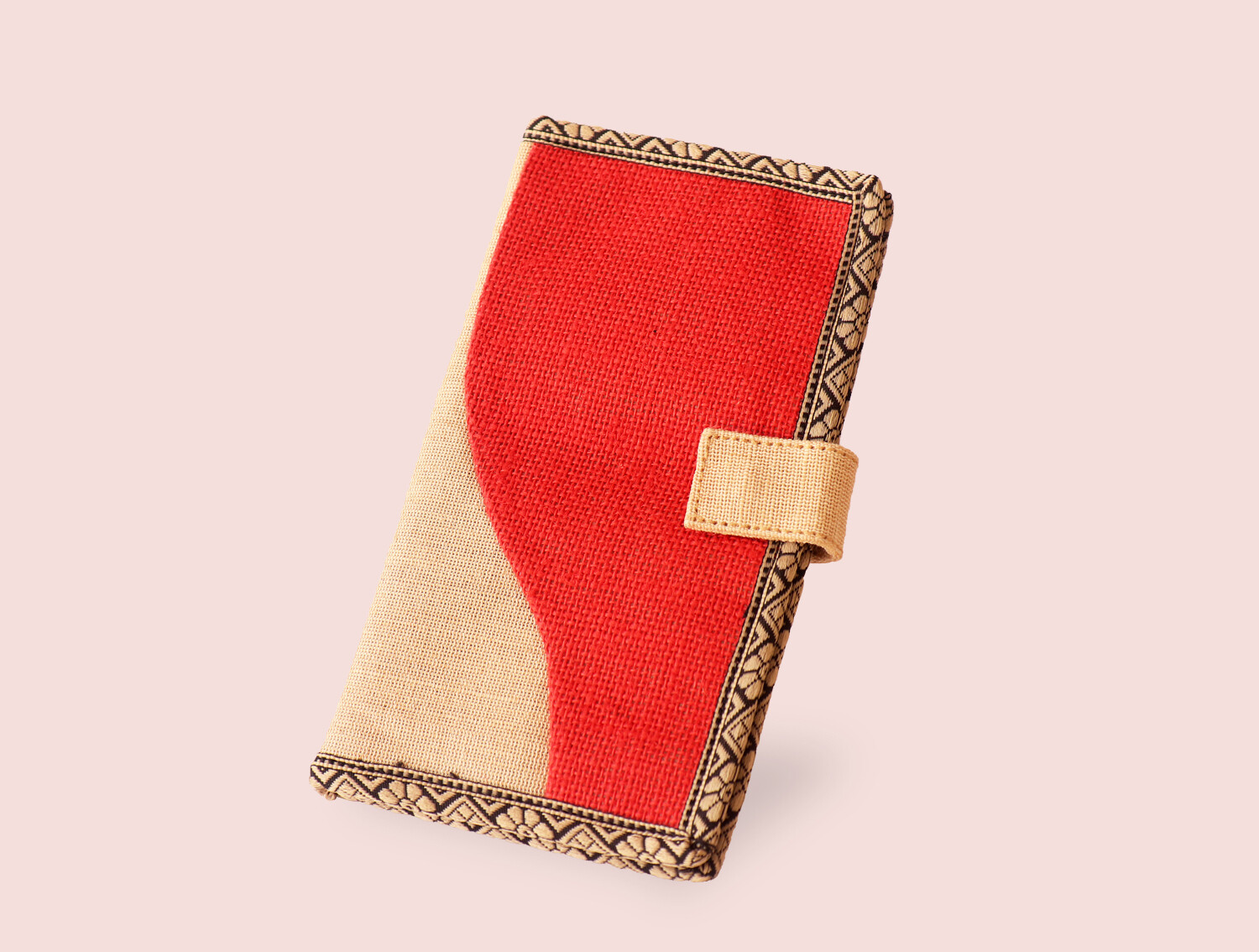Sabai Grass
SABAI GRASS is one of the fine natural fibres that has the potential to be coloured or dyed. The local individuals are dependent on the collection of a variety of leaves and grasses. These leaves and grasses are the main source of income for the local individuals for a period of time. The only product made from Sabai grass was ropes. Now it is used to make baskets, cots, coasters, decorative boxes, wall hanging and furniture.
Jute Passport Holder
Travel with confidence and eco-conscious style using our Jute Passport Holder. Combining sustainability and practicality, this passport holder is a must-have travel accessory for keeping your essentials secure and organized.
- Eco-friendly Material: Crafted from natural jute fibers, this passport holder is a sustainable alternative to synthetic materials, aligning with an eco-conscious lifestyle.
- Durable & Lightweight: Strong yet lightweight construction ensures your passport and travel documents are protected without adding bulk to your travel bag.
- Multi-functional Design: Features compartments to store your passport, boarding pass, ID, and travel cards in one convenient place.
- Natural Aesthetic: The rustic, textured jute finish adds a touch of sophistication and uniqueness to your travel accessories.
- Secure Closure: Equipped with a secure closure to keep your documents in place and prevent accidental loss.
- Travel-friendly Size: Compact and slim, it fits easily in your bag or pocket, making it perfect for hassle-free travel.
Choose the Jute Passport Holder for a sustainable, stylish, and organized travel experience.
Specification:
Material:-Jute
Dimension(cm):-10.5*20.5
Making Process
The process of Sabai Grass is done in the Easter and Central part of India. Popularly known as Sabai is one of the old techniques of Indian culture.
The steps followed in Sabai Grass process is given below:
- The grass is cut from the Peepul Tree.
- The bundle of grass is placed in the sun for 3 to 4 days for drying.
- Once the grass is dried, the bundle of grass is cut in layers.
- Then weaving is done.
- Now finally painting and stitching is done as per the product requirement.

Beneficiary

Mirdolo mahato
Mirdolo mahato is from a family of farmers. She was trained in the Sabai making process and now independently can manufacture Sabai products. She is married and has three children. Her husband also helps her in the process. This interest in making the Natural Fibre product has made her one of the bread winners of the family. She earns around Rs. 300 per day

